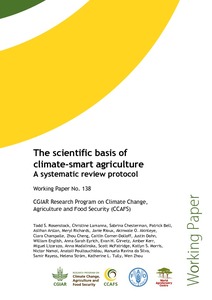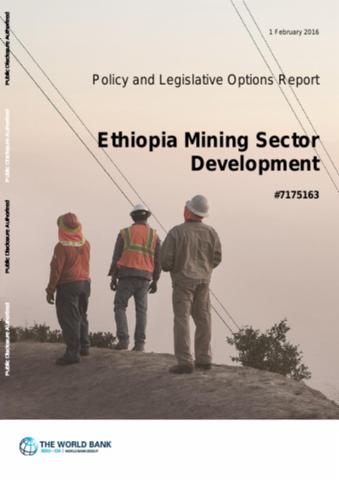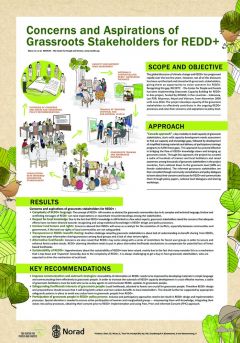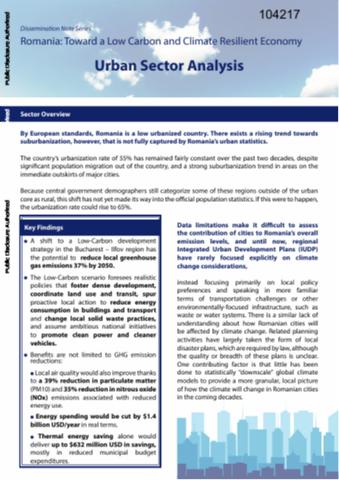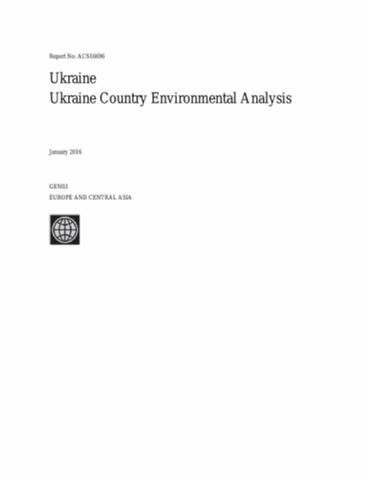The Sendai Report
This report argues that the practice of
disaster risk management (DRM) is a defining characteristic
of resilient societies, and should therefore be integrated,
or 'mainstreamed', into all aspects of
development. The report will inform the Development
Committee at the annual meetings 2012, and support
discussion at the Sendai dialogue, a special event
co-organized by the Government of Japan and the World Bank


